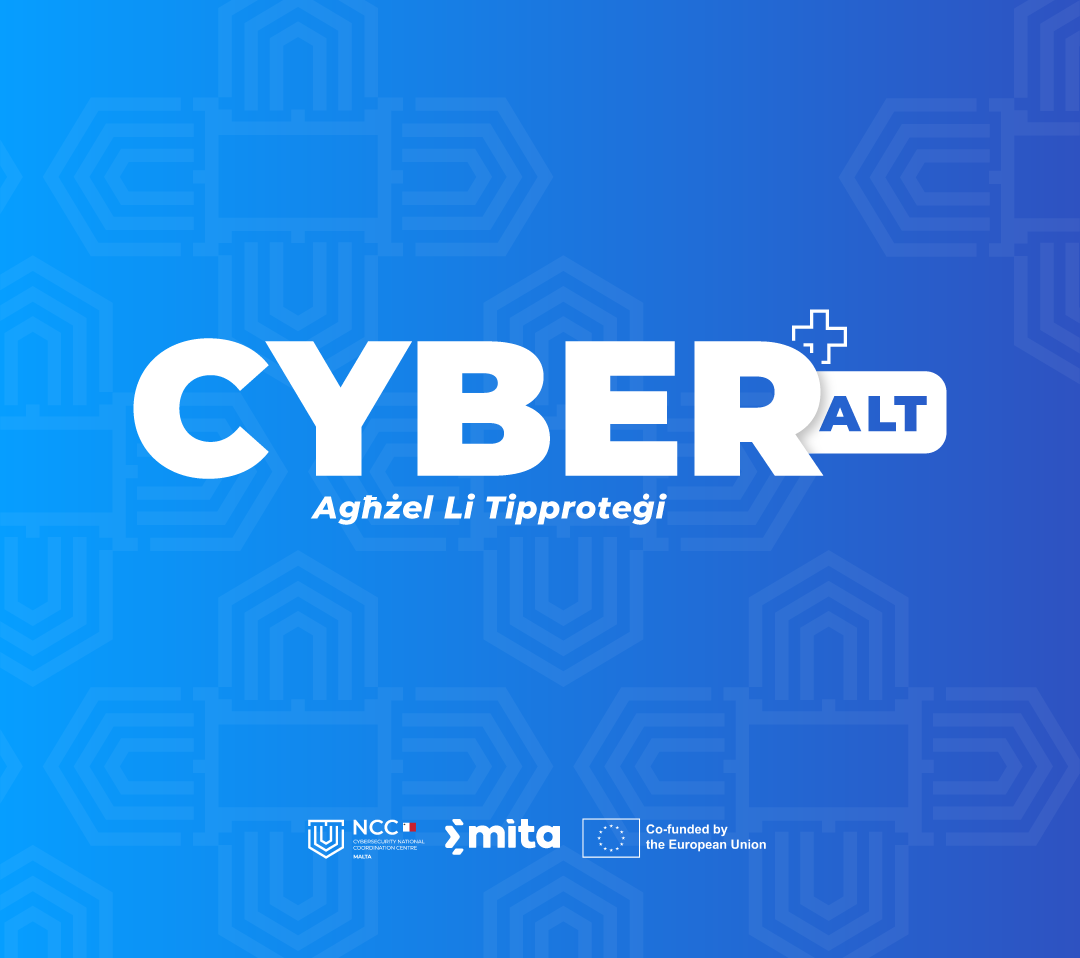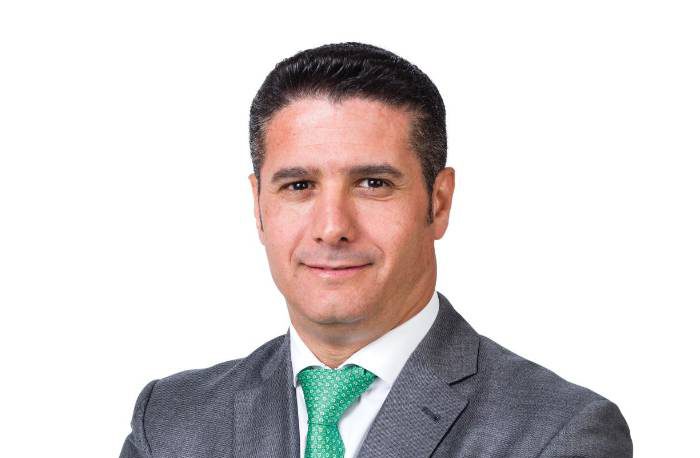In today’s modern world, businesses operate in an increasingly data rich society where information is more accessible and shared than ever before. As a result, the need for this information to be protected from misappropriation is vital. Cybersecurity has become an integral component of business and a proactive approach is necessary to keep on top of emerging threats.
Moreover, cybersecurity is part of the backbone of any innovation in digital technologies and as digital technologies become more ubiquitous, the need for investment in cybersecurity becomes increasingly more important.
The COVID-19 crisis has significantly accelerated the uptake of digital technology. Over this period, the COVID-19 crisis exposed the challenges and risks related to the increasing dependence on digital technologies as businesses, services, and education suddenly increased their connectivity and cloud solutions to enable remote working, distance learning, and even access to critical healthcare services.
With this shift came increased vulnerability and an intensification of incidents of fraud, data theft, ransomware attacks, hacking, and phishing. The war in Ukraine further exasperated the number of cyber-attacks that take place daily. As a result, the need for cybersecurity in today’s world has become essential.
In the European Commission’s Annual Report on European SMEs 2021/2022 on the state of digitalisation of SMEs, the EC noted that the key barriers to the digitalisation of SMEs include:
- a lack of internal financial funds;
- a lack of access to finance;
- a lack of public financial support; and
- the risk of security breaches.
Therefore, not only do SMEs struggle to finance digital investments such as cybersecurity solutions, however due to the lack of sufficient cybersecurity protection, SMEs are unable to make further progress towards a digital transition. Such barriers have made it difficult for SMEs to adopt digital solutions and thus many SMEs risk being left behind in the global digital transition. To date, despite the critical need for cybersecurity solutions, there has been a lack of funding opportunities dedicated to the uptake and dissemination of state-of-the-art cybersecurity solutions within local SMEs.
In the third quarter of 2022, the Malta Information Technology Agency (MITA) conducted a research study in the form of an online survey to gain a better understanding of the Maltese business community’s overall maturity of cybersecurity and their funding needs. The study identified that 48 per cent of respondents do not have a dedicated cybersecurity function. Of those respondents, 71 per cent said that they have no budget available for cybersecurity related measures, a further 22 per cent have a budget of less than €10,000, and only seven per cent have a budget ranging from €10,000 to €50,000. The study’s findings clearly underline the lack of cybersecurity investment amongst local SMEs, with a lack of financing options being the main challenge amongst respondents without a cybersecurity function.
Within this context, the National Cybersecurity Coordination Centre for Malta (NCC-MT), under the auspices of MITA, launched the SME Cybersecurity Grant Scheme CYBER+ALT ‘Agħżel Li Tipproteġi’. This scheme seeks to address the need to support SMEs in financing projects related to cybersecurity. A total budget of €2 million is available, co-funded by the European Union under the Digital Europe Programme whereby €1 million are EU funds and €1 million are national funds. The scheme will remain open until 29th December 2023, or an earlier date depending on absorption of funds. The scheme shall be managed on a demand-driven basis. The NCC-MT shall issue four public open calls (open rolling-calls) for interested eligible undertakings to submit their applications, cut-off dates being 20th July 2023, 14th September 2023, 9th November 2023, and 29th December 2023. Grants shall be awarded on a first come, first served basis, subject to budget availability.
The aid intensity applied is 80 per cent whereby the maximum grant that an SME can benefit from is €60,000. The investment project proposal must include a comprehensive budget breakdown that in total amounts to at least €20,000 to be eligible for funding. Eligible projects will receive a pre-financing aid of 20 per cent and the remaining 80 per cent will be reimbursed upon 100 per cent completion of the project. Implementation of projects should be completed by not later than 30th September 2024.
Emanuel Darmanin, CEO of MITA, has spoken in this regard and has reaffirmed that “as the NCC-MT, we shall bring the community together by helping them identify solid funding opportunities. Such funds will facilitate the implementation of cybersecurity solutions, create awareness, and overall be in a better position to manage cybersecurity risks.”
This means that the investment should result in the SME advancing the status of its existing cybersecurity capacity through the implementation of new solutions that must be focused on at least one of the five investment areas: vulnerability management, identity and access management, end-to-end data protection, threat detection and response, and enhanced cloud-based platform security. For each, eligible costs include cybersecurity solutions; hardware; subscriptions, licence fees and managed services; staff training; and implementation.
Information on the scheme is available in the dedicated page on the NCC-MT website by clicking here. Applications can only be submitted online through the dedicated NCC Funding Application Portal accessible here.
An information sessions specifically on this scheme will be held on Friday 7th July 2023, which will allow interested applicants to follow a thorough explanation of the scheme, as well as ask questions. The NCC-MT is collaborating with Servizzi Ewropej f’Malta (SEM) in this respect and any queries are to be addressed to [email protected].
This article is co-funded by the European Union.

LinkedIn CEO calls for change in how jobs are perceived – not as titles, but sets of tasks
Ryan Roslansky remarks that while in the past individuals would build their careers for stability, nowadays it is more of ...
CEO states that RS2 Group’s performance is expected to improve with a ‘stronger pipeline’ in 2024
During 2023, RS2 Group registered €1.4 million in pre-tax profit, 19.1% less than in 2022.
‘Promoting inclusivity is not only the right thing to do, but also a strategic imperative’ – APS CSO
Speaking during the signing of a commitment to the Malta Diversity and Inclusion Charter, Liana DeBattista notes that the bank’s ...
Manfred Galdes named new HSBC Bank Malta Chairman
He previously served as Non-Executive Director of the bank for over three years.











